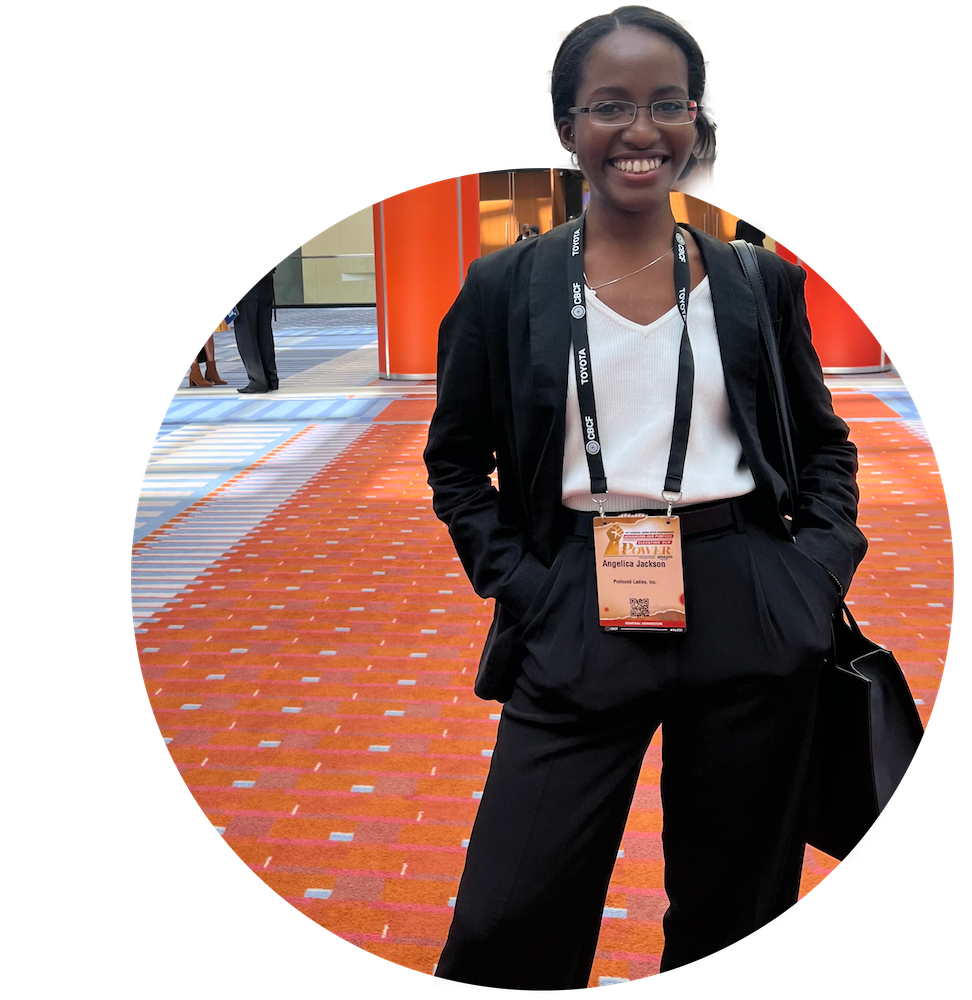Historic Connections
At Profound Ladies, we recognize the profound legacy of the 1954 Brown v. Board of Education decision, which was meant to dismantle segregation in schools but inadvertently catalyzed the systemic dismantling of the national Black teacher pipeline. While the ruling struck down the doctrine of “separate but equal,” it also unleashed a wave of policies that marginalized Black educators, systematically phasing them out of classrooms across the country.
Contrary to the narrative that Black teachers abandoned their students for new opportunities, the reality was far more insidious. In the aftermath of desegregation, Black educators were often summarily dismissed, overlooked in recruitment efforts, or pushed out of their roles by white leadership eager to take advantage of the changing landscape. This pattern of exclusion was not based on qualifications or credentials—many white teachers retained or hired during this period were less experienced and less qualified than their Black counterparts. What mattered was their race, not their ability to teach.

The repercussions of this historical injustice continue to reverberate in today’s education system. Black students are still likely to encounter predominantly white educators throughout their public education, which can discourage them from pursuing careers in teaching. This cycle of underrepresentation perpetuates itself, creating a self-reinforcing system that undermines the educational aspirations of Black youth.
Our Top Students
Best Pick of Students 2018-19

Johnson Smith
1st Rank

Jeena Davis
2nd Rank

Stan Lee
3rd Rank

Lindsay Lohan
4th Rank

Candaline Trevis
5th Rank

James Wan
6th Rank
Most Awarded & Creative in Discipline
There are many variations of passages of Lorem Ipsum available, but the majority have suffered alteration in some form, by injected humour, or randomised words which don’t look even slightly believable.
Those few Black teachers who manage to enter the profession often face an uphill battle. They are frequently assigned to high-poverty, hard-to-staff schools, where they contend with what has come to be known as the “invisible tax.” This includes unrealistic expectations to fulfill disciplinary roles in addition to their instructional responsibilities, a pervasive lack of respect for their expertise, and isolation from mentors and peers who can provide vital support. Unsurprisingly, these challenges contribute to higher attrition rates among Black teachers compared to their white colleagues.
The impact of this historical injustice resonates deeply, affecting not only the Black community but also extending to Native American and Latinx populations. Native educators have faced their own challenges, often encountering policies that have marginalized their cultural perspectives and disrupted their ability to teach in ways that honor their heritage. The continued underrepresentation of Native teachers in the classroom diminishes the educational experiences of Native students, who benefit greatly from seeing their cultures reflected in their educators.
Similarly, Latinx communities have navigated a complex landscape of educational inequities. Many Latinx educators face barriers to entry and retention in the profession, often resulting from systemic biases and a lack of support. This underrepresentation not only impacts Latinx students but also perpetuates stereotypes and misconceptions that affect all BIPOC communities.
At Profound Ladies, we are dedicated to reclaiming and rebuilding the Black teacher pipeline while ensuring that we also uplift and advocate for all BIPOC educators. We recognize that our struggles are interconnected, and we aim to create a coalition that supports and empowers educators from diverse backgrounds. By advocating for systemic change, we strive to protect every student’s right to achieve in school and liberate education from the shackles of inequity. We invite you to join us in this vital work, as we seek to reshape the narrative and create a future where all educators and students can thrive together.
Theory of Change
At Profound Ladies, our Theory of Change is rooted in the conviction that increasing the representation of BIPOC educators in classrooms is essential for creating equitable educational outcomes for all students. Research underscores the profound impact that having diverse educators has on student success, academic achievement, and social development.
Moreover, the presence of BIPOC educators is linked to improved reading outcomes for students of color. Research shows that students who learn from educators who reflect their racial and cultural backgrounds demonstrate higher proficiency in reading and other academic subjects. This correlation emphasizes the importance of culturally responsive teaching, which resonates more deeply with students, ultimately contributing to their academic success.
The impact of BIPOC teachers extends beyond academics; they play a critical role in interrupting the school-to-prison pipeline that disproportionately affects students of color. Research indicates that when students of color, particularly Black boys, have access to BIPOC educators, they are less likely to face harsh disciplinary measures. These educators often implement culturally relevant practices that foster trusting relationships, helping to mitigate behavioral issues and promote positive classroom environments.

Representation
Representation matters profoundly in education. When students see BIPOC educators in their schools, it reinforces the belief that they can achieve their dreams and aspirations. BIPOC teachers serve as vital role models, demonstrating the possibilities that exist beyond the classroom and inspiring students to envision their futures with hope and ambition.
Rebuild
At Profound Ladies, we are dedicated to rebuilding the BIPOC teacher pipeline to ensure that every student benefits from the advantages of diverse, culturally relevant education. Our approach encompasses comprehensive recruitment strategies, targeted training, and ongoing support for BIPOC educators, ensuring they have the resources needed to thrive in their roles.


Mentorship
By establishing mentorship programs and fostering community engagement, we create robust networks that uplift BIPOC educators and amplify their voices within the educational landscape. We advocate for policies that promote equity in hiring practices, ensuring that schools are reflective of the communities they serve.
Through our Theory of Change, we envision a future where all students experience the transformative power of diverse educators. Together, we can reshape the narrative and build a more just and equitable education system that uplifts every student, fostering their potential to thrive and succeed.
